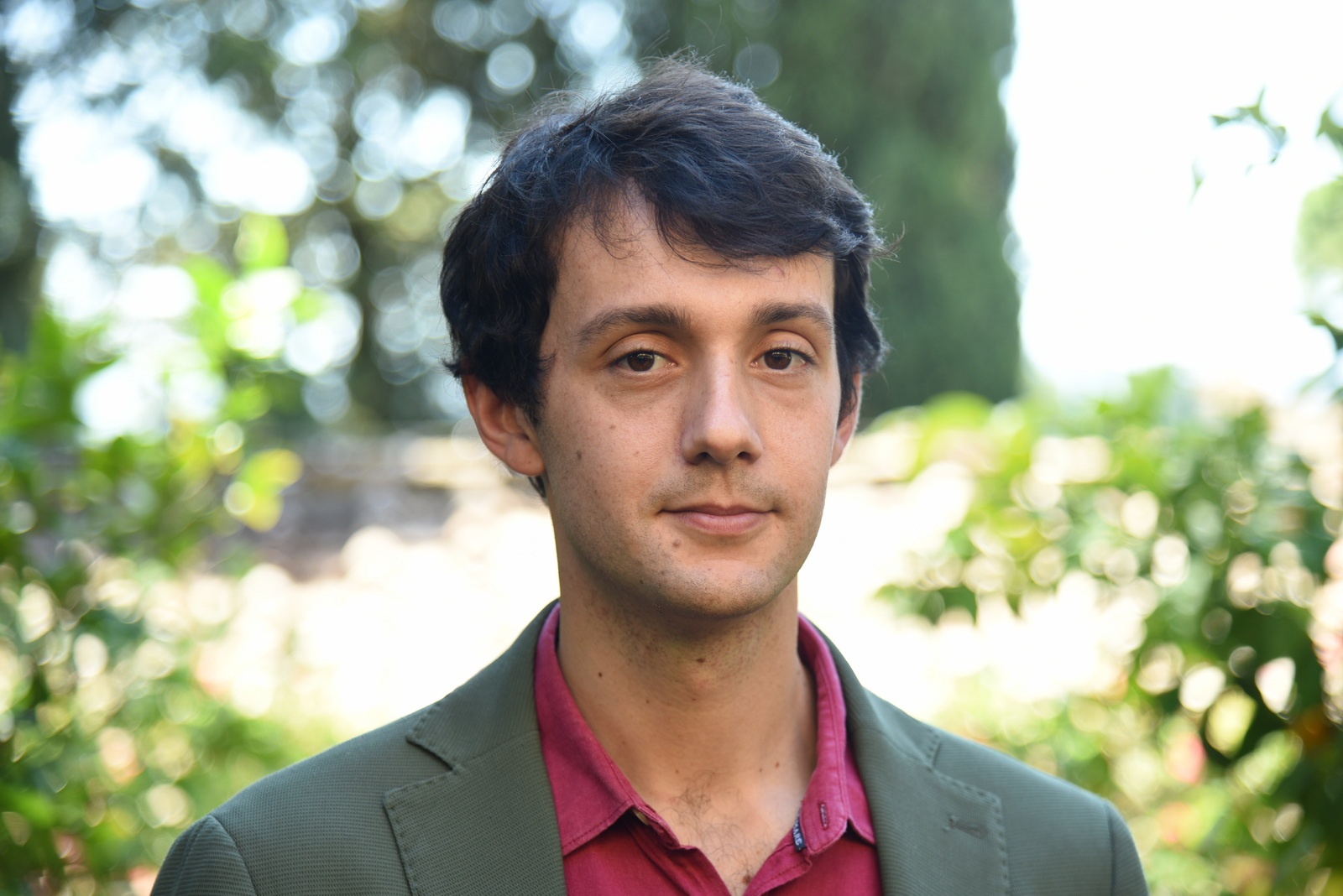Marco Francalanci
Printed Collections of Renaissance Riddles: A Transcultural Literature and Its Paths
2025-2026

Biography
Marco Francalanci is a book historian interested in the interplay between print, manuscript, and oral culture. He received his PhD from the Università degli Studi di Milano and the Universidad de Alcalá in 2022. His publications include the edition of Roberto Ridolfi’s letters exchanged with two English correspondents (Firenze, Oxford e ritorno, Firenze, 2023), a monograph dedicated to the printed edicts of Renaissance Milan (La città e le leggi, Milano, 2024), and a bibliography of 16th-century collections of vernacular riddles («Da eccitar gli acuti & elevati ingegni», Milano, 2025).
Project Summary
Even today, when walking through bookstores, one can find printed collections of riddles. This popular publishing genre has a long history, rooted in the diverse cultural landscape of Renaissance Europe. During this period, the first printed collections of riddles began to appear on booksellers' counters, marking a shift from their previous dissemination through oral traditions and manuscript collections. Usually published in cheap pamphlets and printed on a few sheets, these collections featured exceptional stories that crossed social and linguistic boundaries, reaching a surprisingly wide and varied audience. The features of this literature undoubtedly facilitated its circulation. It was shared in both oral and written forms and served various functions in modern society, appealing both to adults and children, as well as literary professionals and everyday people. Despite these exceptional factors, printed riddle collections have received limited scholarly attention. While some philological and anthropological studies are present, approaches focused on book history are notably scarce. This project aims to reconstruct the evolution of the publishing genre, identify the cultural backgrounds of its publishers and printers, examine the authors of this literature, and analyze the intended audiences of these texts.
